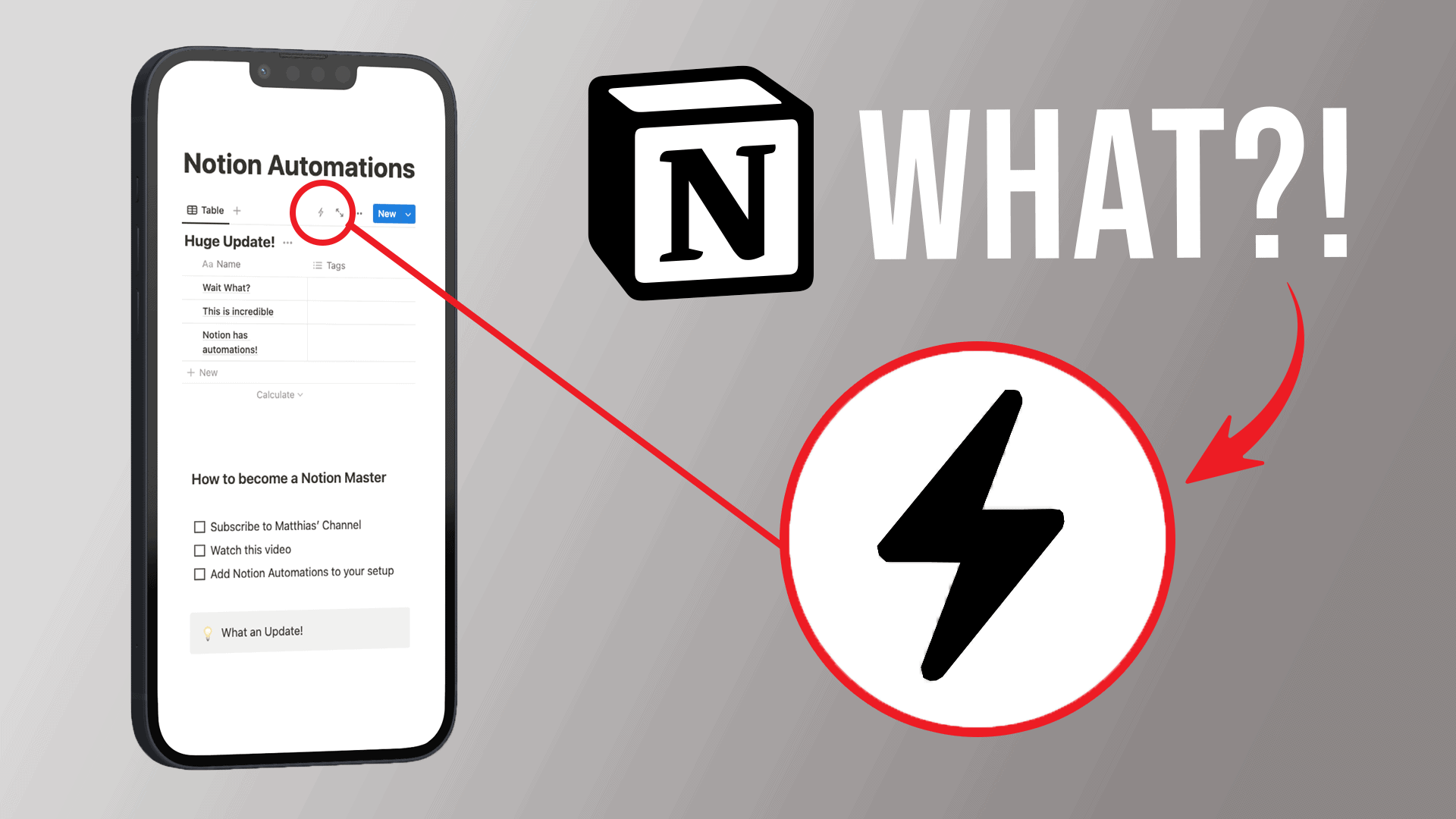or
Diminishing Returns vs Compounding Gains
Ever since I started writing my blog last year in September, I spent the first 25 minutes of my day working on it. I continued to do so while studying full-time for my bar exams the past 4 months. I only stopped two weeks ago, the day before the start of my exams. Why?
Well, first and foremost, it‘s a lot of fun. And from my experience throughout 8 years of law school & bar exam preparation, it helps tremendously if you have something fun to do during times of intense studying.
Secondly, my early posts covered various aspects of how to study more effectively. My hope was that writing in public about learning strategies would help me reflect more and force me to actually apply what I was reading about – in other words, putting insight into action.
But apart from it being a fun activity & maybe even a facilitator for studying, there‘s one more aspect to it:
Spending another 25 minutes a day preparing for an exam that takes most of my cognitive attention anyway has very little additional benefit.
It‘s a case of greatly diminished returns.
What‘s more, those 25 minutes could have a big impact if used for literally anything else.
- 25 minutes of sport each day would do wonders to my physical health.
- 25 minutes of meditation or other forms of mental self-care would greatly improve my mood & balance
- 25 minutes of learning how to cook might prepare me to join MasterChef once the pandemic is finally over (or at least help further reducing my take-out bill)
Tiny improvements, done regularly over a long period of time, compound to massive gains. James Clear illustrates this well in his book Atomic Habits with this graphic. Improving something by 1% every day means that it will be 37 times better by the end of the year.
So how to find these activities where additional time will compound instead of diminish?
That‘s a good question and I haven‘t found a clear answer yet. But I found some aspects that these areas of compounding effects have in common:
- They rarely are „more of the same“. Borrowing from economics, the law of diminishing returns states that at some point, increasing one factor of production will lead to decreasing marginal gains.
- They amplify other areas of my life. Daily exercise improves my health and with that my overall well-being. It also improves my ability to sustain focus for longer a period of time, thus indirectly benefiting my studying more than using the time to for studying itself. Daily writing builds a habit of reflecting & reasoning, which in turn helps me articulate ideas better (or at least that‘s the hope! You tell me whether it‘s actually working)
- They require consistency & „playing the long game“. It‘s less about short bursts of intense focus and more about contributing consistently.
So next time I‘m thinking: „ah, I‘d love to do that but I really don‘t have time for this“, I should instead ask myself: „How much time would it actually take to do so? And what do I spend this time on right now? Does that additional time compound or diminish?“.
It doesn’t mean that efficiency and ROI are the only two metrics that count when I decide how I want to spent my time.
But it‘s a helpful framework to help overcome the illusion that „I just don‘t have time“.


